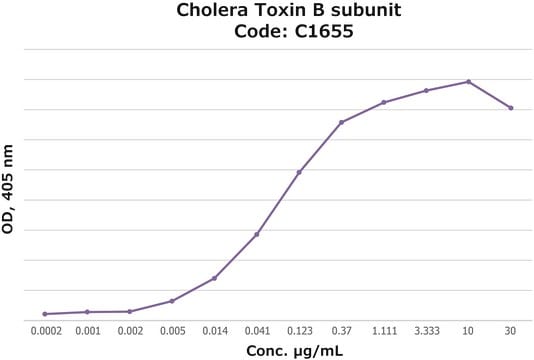SML0322
SR1001
≥98% (HPLC)
Synonym(s):
N-(5-(N-(4-(1,1,1,3,3,3-Hexafluoro-2-hydroxypropan-2-yl)phenyl)sulphamoyl)-4-methylthiazol-2-yl)acetamide
About This Item
Recommended Products
assay
≥98% (HPLC)
form
powder
color
white to beige
solubility
DMSO: >5 mg/mL
storage temp.
2-8°C
SMILES string
CC(=O)Nc1nc(C)c(s1)S(=O)(=O)Nc2ccc(cc2)C(O)(C(F)(F)F)C(F)(F)F
InChI
1S/C15H13F6N3O4S2/c1-7-11(29-12(22-7)23-8(2)25)30(27,28)24-10-5-3-9(4-6-10)13(26,14(16,17)18)15(19,20)21/h3-6,24,26H,1-2H3,(H,22,23,25)
InChI key
OZBSSKGBKHOLGA-UHFFFAOYSA-N
application
Biochem/physiol Actions
Features and Benefits
signalword
Warning
hcodes
Hazard Classifications
Acute Tox. 4 Oral - Eye Irrit. 2
Storage Class
11 - Combustible Solids
wgk_germany
WGK 3
flash_point_f
Not applicable
flash_point_c
Not applicable
Certificates of Analysis (COA)
Search for Certificates of Analysis (COA) by entering the products Lot/Batch Number. Lot and Batch Numbers can be found on a product’s label following the words ‘Lot’ or ‘Batch’.
Already Own This Product?
Find documentation for the products that you have recently purchased in the Document Library.
Customers Also Viewed
Articles
Peroxisome proliferator activated receptors (PPARs) are ligand-activated transcription factors related to hormone receptors, influencing gene expression.
Our team of scientists has experience in all areas of research including Life Science, Material Science, Chemical Synthesis, Chromatography, Analytical and many others.
Contact Technical Service











